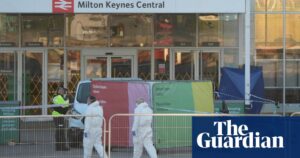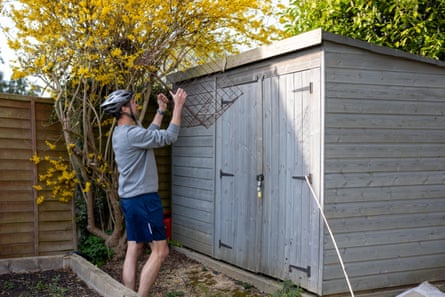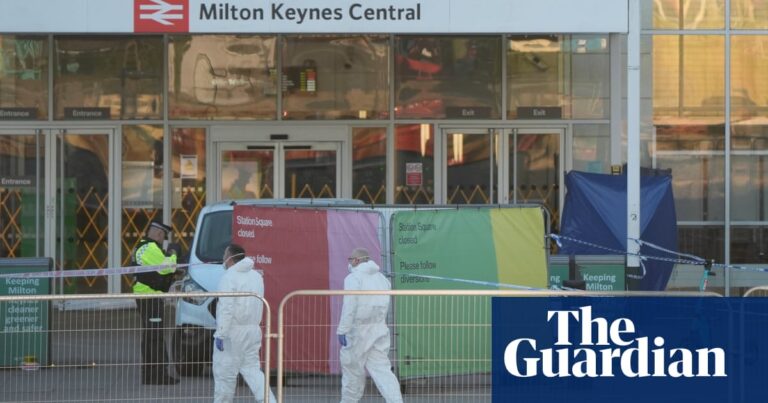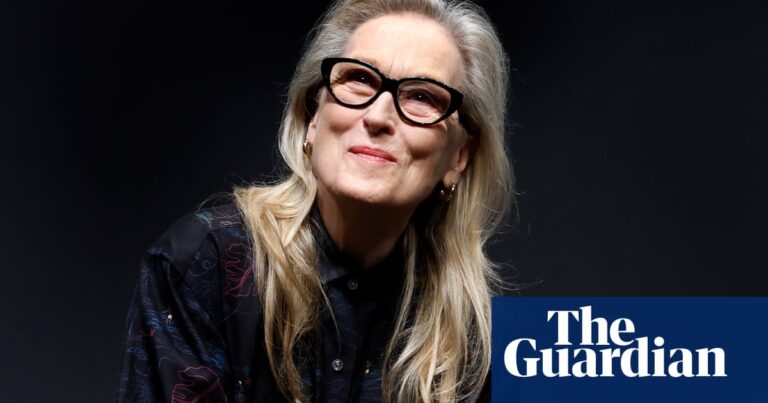
The UK cut health aid to some of the world’s vulnerable countries at the same time as recruiting thousands of their nurses, in a “double whammy” for fragile health systems, new analysis has found.
The Royal College of Nursing (RCN), which carried out the research, said Labour had a “duty to fix” aid cuts imposed by the previous government, and to work on increasing the UK’s domestic supply of nurses.
Between 2020 and 2023, direct UK aid for health-related projects in “red list” countries – those with the most severe workforce shortages – fell by nearly 63%, from £484m to £181m.
Spending on projects designed to strengthen the healthcare workforce in those countries fell by 83%, from £24m to £4m.
At the same time, the number of nurses from these countries on the UK’s national register rose sharply. There were 11,386 registered in September 2020, and 32,543 in September 2024.
The Conservative government under Boris Johnson pushed through a £4bn cut to the foreign aid budget, reducing spending from 0.7% of gross national income (GNI) to 0.5%. In last October’s budget, Labour kept government spending at this reduced figure.
Prof Nicola Ranger, RCN general secretary and chief executive, said: “Cuts to aid may have been the previous government’s idea, but it is now this government’s duty to fix it.
“By maintaining the aid target at a lowly 0.5% of GNI, the UK is failing to uphold its international duties, effectively worsening chronic nursing workforce shortages in some of the most under-resourced healthcare systems in the world.
“The prime minister promised ‘change’ on being elected and that must include undoing the damage done to aid budgets by restoring spending to 0.7%,” she said.
An abrupt halt to UK funding for one project in 2021 meant ambulances in Sierra Leone were left without fuel and patients could not get to hospital for emergency treatment. “There is no question that there were fatalities as a result,” said a UK health worker involved in the programme.
Ranger said: “Recruiting heavily from the same countries from which we have deprived aid is a double whammy for some of the world’s most fragile healthcare systems. But it is also a damning indictment of successive governments’ unwillingness to properly fund and grow our own domestic nursing profession.”
The 55 countries on the World Health Organization’s “red list” (formally known as the health workforce support and safeguards list), include Ghana, Nigeria, Nepal, Pakistan, Ethiopia, Sierra Leone and Somalia.
Other countries are not supposed to actively recruit from red-list countries, although staff from those countries are free to apply for vacancies elsewhere.
The RCN analysis also found the proportion of health-related spending within the UK’s total aid budget declined from 16.7% in 2020 to 7.6% in 2023.
The analysis looks only at bilateral aid – directly between two countries. Some red-list countries will also have received support from the UK through multilateral organisations such as the Global Fund and the World Health Organization.
A government spokesperson said: “The UK remains one of the most generous donors among the G7 and we are committed to restoring development spending to 0.7% of gross national income (GNI) as soon as fiscal circumstances allow.
“We are working to address the global shortage of healthcare workers through our leading multilateral health investments. UK support to the World Bank and Global Financing Facility generates further investment in the global health workforce.”
The spokesperson said a code of practice governing international recruitment of health and social-care staff ensured it was “ethical and sustainable”.
Source: theguardian.com


















